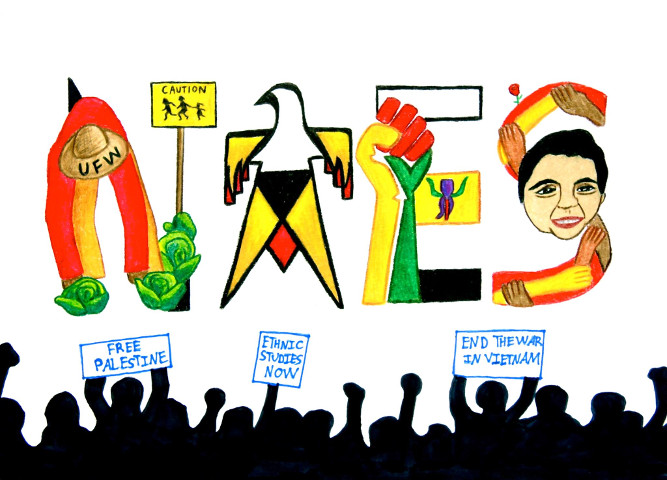Explorations in Ethnic Studies

Orginal Publication Date
1989
Journal Title
Explorations in Ethnic Studies
Volume
12
Issue
ees/vol12/iss2
First Page
[1]
Last Page
14
Abstract
During recent decades, social scientists, particularly anthropologists, sociologists and medical historians, have looked increasingly at how social and cultural factors inform a society's medical community and vice-versa. As Roger Cooter recently stated, "... medicine is a social phenomenon capable of being properly studied only when treated as a part of its social, political, economic and cultural totality."[1] In America, a steady flow of medical sociologists -- most notably Henry E. Sigerist in the 1940s, Talcott Parsons in the 1950s, David Mechanic in the 1960s and 1970s, and Vern and Bonnie Bullough in the 1980s -- contributed numerous empirical studies that revealed that the development of American medicine was shaped moreso by its social and cultural context than clinical discoveries.[2] These studies have demonstrated conclusively that the American health profession's approaches to disease (etiology and therapy), the institutional structure of medical research and care, and public health care policy all have been deeply influenced by socioeconomic and cultural factors specific to historical epochs of evolving American society.
Rights
Copyright, ©EES, The National Association for Ethnic Studies, 1989


